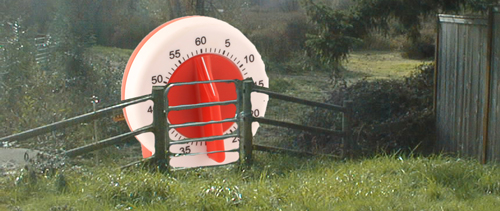
There is a psychic shift that happens for me when I am on deadline.
Now I am not making (writing or editing) my project into the best project I could ever do, the best story I could ever write, the best sentences I could ever create. Now I am making my project the best I can make it in a limited amount of time, and somehow this reminds me that I am using the limited but worthwhile resources I have at hand–my current skill set and insights, my editing ability, my love of reading, my attention. There is a lot I am bringing to the project, but not everything. My expectations shift.
It might be like running a race. You are in it for this moment, this road surface, these fellow runners, this day, this weather. I think Sharon Olds has a poem about this that ends with a line about “your own best time.” I think hers is about sex. But my comparison is about writing, creativity. We need bounds and limits, a kind of humility. A framework that remind us to do what we can now. That is all we can ask of ourselves, but oh how we are tempted when we have no deadline to ask more of ourselves than is possible. This is a kind of love, a passion for growth maybe–or it is a kind of hobbling perfectionism. But either way, if it stops us from doing what we can now, it is not helpful.
How to Set a Deadline
1) Figure out how much time you can give to the project each day. Figure out in a general sense how much time you need to do what you are planning to do. Now give yourself just that much time and maybe a few days or a week of cushion, and then afix your deadline. You want to be working pretty fast, feeling the wind in your hair, the finish line looming, but you do not want to be falling behind from the very beginning.
2) Tell someone about your deadline. Make a commitment to yourself and to this person. There should be no flexibility built into this arrangement. You are making a promise, to yourself, your deadline partner and to the work itself. If you do not take your deadlines seriously, the whole exercise will fail.
3) Keep the deadline in mind. Work steadily. “Do not hurry; do not rest” is a proverb Annie Dillard quotes in The Writing Life. This requires discipline. Sometimes you will feel tired, worn out, spent. You will doubt that you are doing your best work. That doubt assails us whenever we write, doesn’t it? Here at least you can dismiss the thought. You are not trying to do your best work. You are trying to do what you can within the imposed limits of your deadline. Carry on.
4) Meet your deadline and take an action to let go of this draft. Turn in the work to a reader, email your deadline buddy a copy, post your accomplishment on Facebook. Now you will want to take a vacation–an afternoon’s hike or a week’s break or whatever makes sense for the scope of the project and the effort.
5) Celebrate. You did it! You knew you would (at least you will come to know this after you do it for a while) and you did. The satisfaction in this cannot be overstated. You are a writer because you are writing. You are doing the work itself. And this, more than anything else, will remind you why you got into this business in the first place. You love having a story threading through your mind, the soundtrack of narrative accompanying your observations, the rhythms of setting, character and stakes in your walk.
A space opens inward when you set a deadline, a capacity that would otherwise remain flat and guarded. Call it focus. Call it discipline. Call it creativity at its very best.
